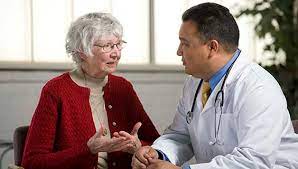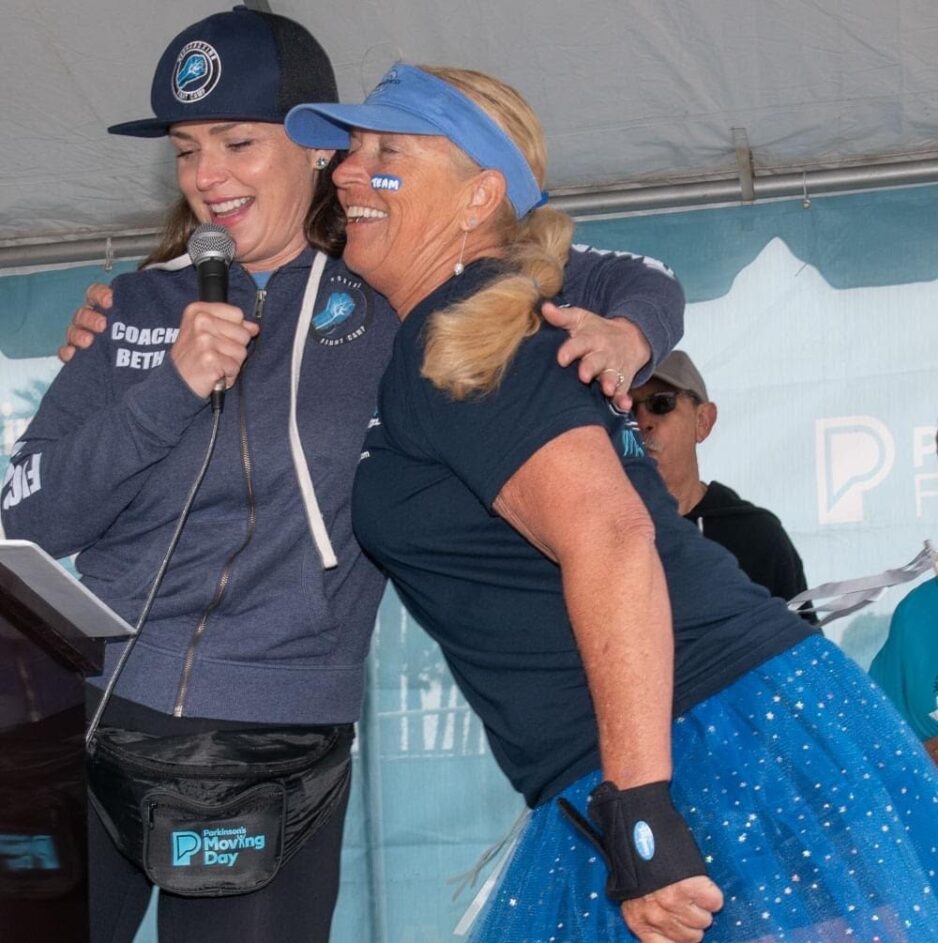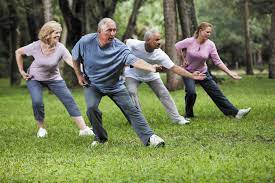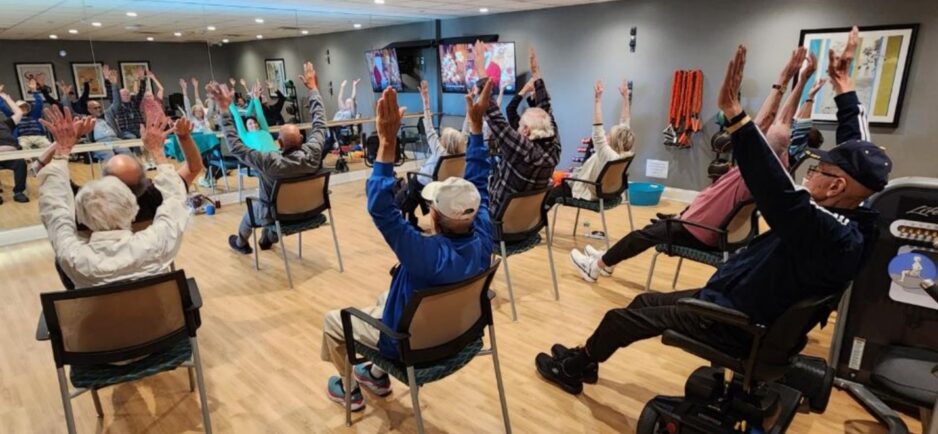Tai Chi can help prevent falls.
Sign-ups are now available for a new series of Fall Prevention classes that will begin in January. These award-winning classes are put on by the Ventura County Elderly Fall Prevention Coalition and the Ventura County Area Agency on Aging, a division of the Human Services Agency.
Four classes, with 12 sessions to choose from, will be offered in five Ventura County cities. The January offerings include:
Bingocize (Fillmore Active Adult Center)
A Matter of Balance (Simi Valley Senior Center, VCAAA office in Ventura)
Tai Chi: Moving for Better Balance (HELP of Ojai, Oxnard Public Library, County of Ventura California Room in Ventura, Community Presbyterian Church in Ventura, Ventura Church of Christ, Buenaventura Mobile Home Estates in Ventura)
Walk With Ease (Fillmore Active Adult Center)
Adults that are 60 or older that are concerned about falls, have recently experienced a fall, or who are just interested in improving balance, flexibility, and strength, are encouraged to participate. Nationally recognized research shows that one in four adults over the age of 65, and half of the population over the age of 75, fall each year. One out of every five falls results in a serious injury, and about three million older people are treated at emergency departments for fall injuries each year.
Bingocize is an evidence-based health education program that incorporates exercise, nutrition, and fall prevention within the popular game of bingo. Participants will have fun and meet new people while learning about techniques to reduce falls and increase cognition. Bingocize — which can be done seated or standing — is a 10-week program that is exercise for your body, mind, and spirit.
A Matter of Balance is designed for people who are inactive with poor balance, who have fallen, and who may have developed a fear of falling. Participants should expect to begin an easy-to-do regimen to improve balance, strength, flexibility and self-confidence. This class is held once a week for eight weeks and includes chair-based exercises.
Tai Chi: Moving for Better Balance is an exercise program developed especially for older adults using modified practices designed to improve and strengthen balance and mobility. Classes are intended for beginners. Canes and walkers are welcome. This class has been proven to reduce falls by 55 percent.
Walk With Ease is an exercise program that can reduce pain and improve overall health. This is a six-week program developed by the Arthritis Foundation that helps participants create a customized walking plan to stay motivated, manage pain, and exercise safely to stay strong, boost energy, and control weight. Participants walk together three times a week, starting slow and building up to walking for a total of 30 minutes.
For more information about the Fall Prevention Program, call (805) 477-7300 (option 6), or visit vcaaa.org/falls.
The Ventura County Area Agency on Aging, a division of the County of Ventura’s Human Services Agency, is charged with the responsibility to promote the development and implementation of a comprehensive coordinated system of care that enables older individuals, children and adults with disabilities, and their caregivers to live in a community-based setting. The VCAAA advocates for the needs of those 60 years and older in the county, providing leadership and promoting citizen involvement in the planning process as well as in the delivery of services.



